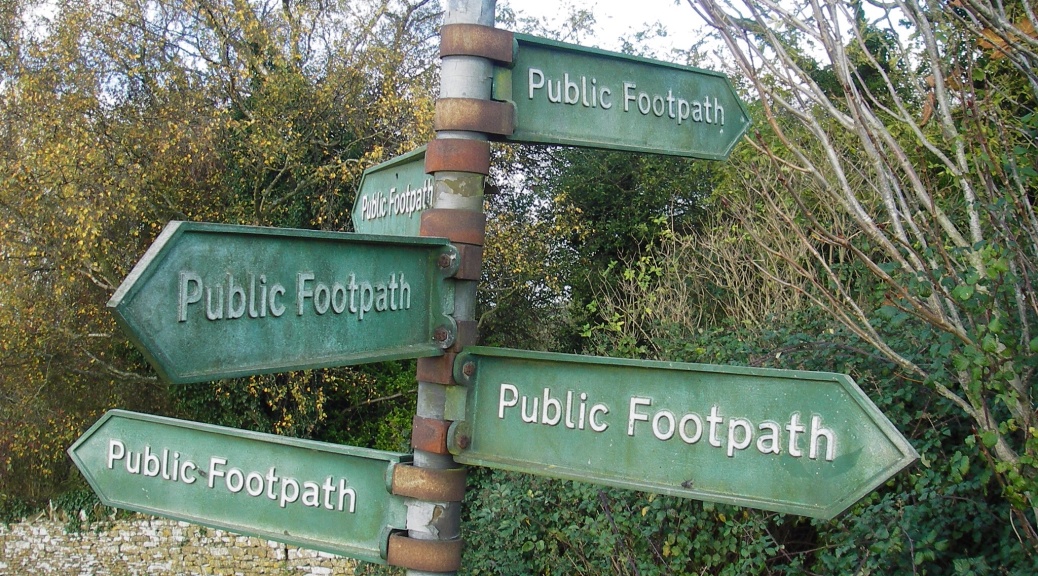I used to think SMART objectives were claptrap designed to make us waste as much time as possible by unnecessarily over complicating something which should be straightforward. An excuse for another pointless acronym that, by the time I’ve learn what it stands for, will be replaced by the next set of trendy buzzwords. The hours I spent trying to figure out how to make my objectives seem smart were enough to drive me to chocolate cake. But recently someone used a metaphor to explain smart objectives and now I finally get it.
If your objective is to go west, you could keep going west forever. By not being specific about what you mean by west you’ll never know when you’ve reached west. You might convince yourself you’ve failed because you haven’t got there yet. If instead you say ‘I want to be in Bristol by 4pm on Wednesday’ you’ve got a smart objective.
Specific
Measurable
Achievable
Realistic
Timed
If, by 4pm on Wednesday, you haven’t reached Bristol, it doesn’t mean you’ve failed. It means you need to stop and assess how far you’ve come, and how far you’ve got to go. An opportunity to amend your objective to something achievable.
I still don’t know how to measure half of what I do, or the difference between achievable and realistic, but I can see how smart objectives can be useful. A tool to help me focus on what I’m working towards rather than a fad invented by someone in HR with too much time on their hands.

A very interesting article. I wish more colleagues would share their experiences we could all learn how to be better and SMARTER.
LikeLike
Thanks Yvonne. It would be great to hear if anyone else has any tips. Anything to make the process a bit easier!
LikeLike
Ah yes, SMART. I remember it well from my Civil Service days:
Simplistic
Meaningless
Artificial
Regressive
Tedious
Great for bean factories, pretty useless in the real world.
LikeLike